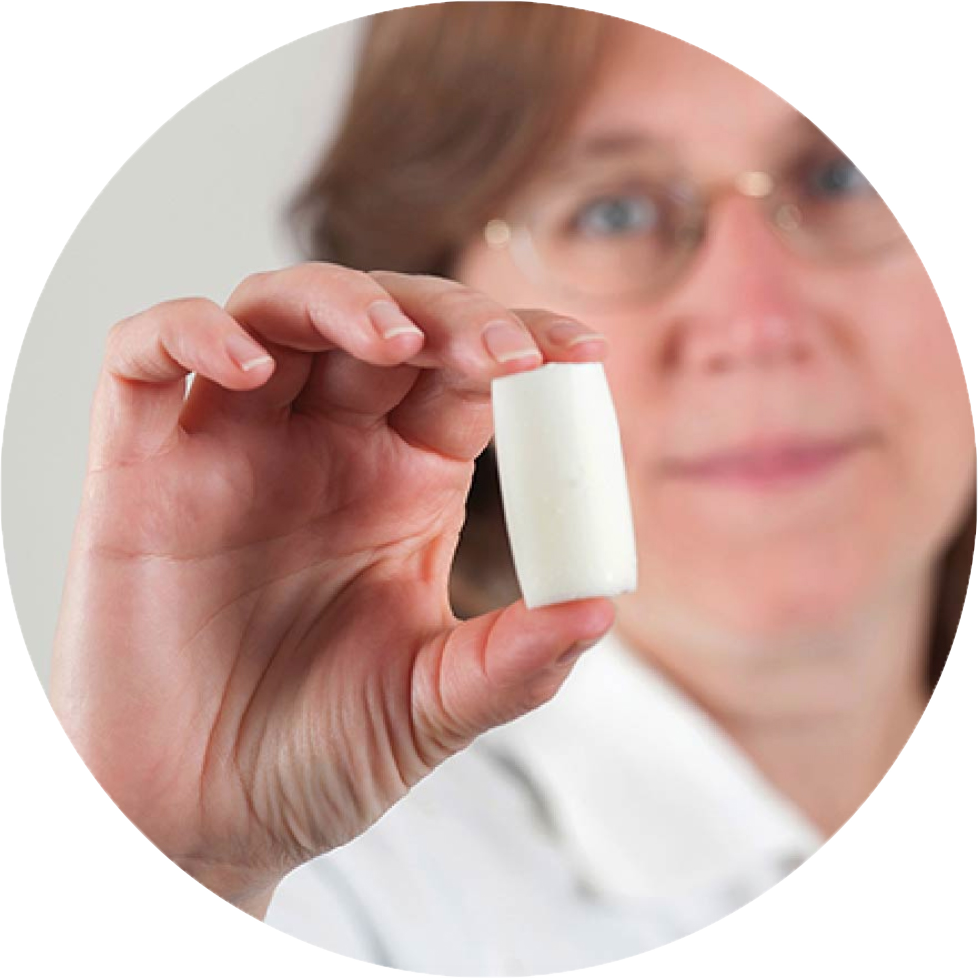Game-changing bio-engineered BEAR Implant for ACL repair approved by FDA
Miach Orthopaedics, a privately held company dedicated to developing bio-engineered surgical implants for connective tissue restoration, says its ‘BEAR Implant’ is now commercially available in select U.S. cities for the treatment of anterior cruciate ligament (ACL) tears.
The Bridge-Enhanced ACL Restoration (BEAR) Implant is a decellularized, bovine-derived, type I collagen implant that resorbs within 8 weeks of implantation and is used to facilitate healing of the torn ACL. It is the first medical technology to clinically demonstrate that it enables healing of a patient’s torn ACL and is seen as a paradigm shift from the current standard of care – reconstruction that replaces the ACL with a graft.
The proprietary, bio-engineered BEAR Implant has several benefits over ACL reconstruction: It restores ACL quality and size similar to the non-injured ACL and results in faster recovery of muscle strength. The BEAR Implant also does not require a graft, eliminating the need for a second wound site to heal and worries about donor graft quality or risk of disease.
The BEAR Implant acts as a bridge between the two ends of the torn ACL. The surgeon injects a small amount of the patient’s own blood into the implant and inserts it between the torn ends of the ACL in a minimally invasive procedure. The combination of the BEAR Implant and the patient’s blood enables the body to heal the torn ends of the ACL back together while maintaining the ACL’s original attachments to the femur and tibia. The BEAR Implantis absorbed by the body as the ACL heals.
“Patients will be very interested in having another option for treating ACL injuries. This is the first FDA-approved implant to clinically demonstrate that it enables healing of the patient’s native torn ACL while maintaining the natural knee anatomy,” said Dr. Jonathan L. Glashow, clinical assistant professor, NYU Grossman School of Medicine, and chief medical advisor for the NJ Devils and Philadelphia 76ers. “I’m encouraged by the clinical studies that have demonstrated that patients experienced faster recovery of muscle strength and higher satisfaction with regard to readiness to return to sport than others with traditional ACL reconstruction.”


